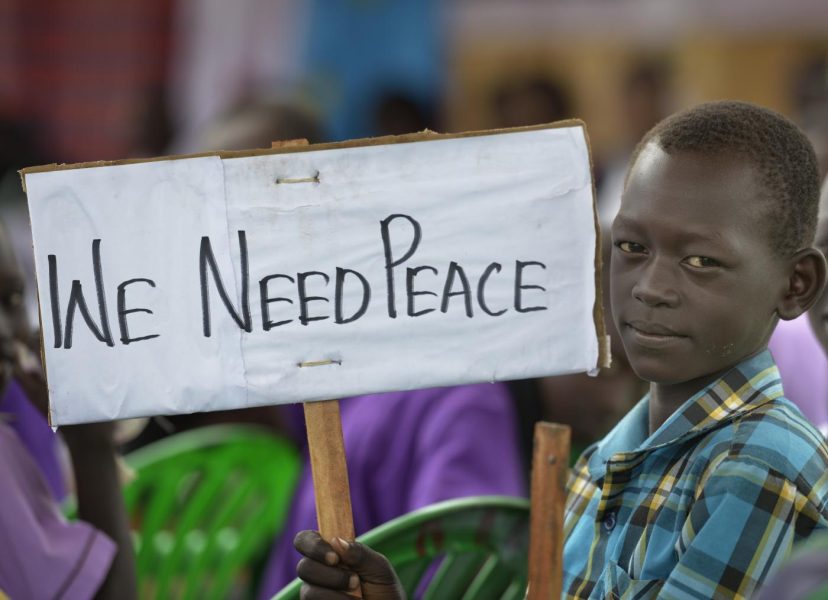
South Sudan stands at a decisive crossroads, where political will and international resolve must align to prevent a return to devastating conflict.
At the heart of this fragile moment is the long-delayed implementation of the 2018 Revitalized Peace Agreement, which continues to stall due to deep-seated mistrust among the ruling elites and lack of political urgency.
If South Sudan is to chart a path toward stability and nation-building, its leaders must rise above factional interests and prioritize the national good.
First, political leaders must commit to genuine reconciliation, not just as a symbolic gesture, but as a foundational principle. This means engaging in meaningful dialogue, ending inflammatory rhetoric, and fostering trust between rival factions.
Central to this effort is the urgent need to reform the country’s fractured security sector. A unified, professional national army is critical not a patchwork of loyalist militias masquerading as national forces. Without this, the government cannot maintain control, nor can it protect its citizens from escalating communal violence.
Equally pressing is the need to prepare for credible elections. These must not be postponed indefinitely or manipulated to preserve power.
They should be transparent, inclusive, and reflect the will of the people. Elections can serve as a turning point a chance for legitimacy, accountability, and new leadership that prioritizes peace and development.
Yet, South Sudan’s problems are not isolated. The role of regional bodies such as the Intergovernmental Authority on Development (IGAD) and the African Union (AU) is indispensable.
These organizations have facilitated peace talks in the past, but they must now move beyond diplomacy and take a firmer stance. Leaders who obstruct peace, delay reforms, or stoke violence should face real consequences.
This includes travel bans, asset freezes, diplomatic pressure, and if necessary, referral to international justice mechanisms. Too often, South Sudan’s elite have operated with impunity, shielded by regional politics and global inattention.
The stakes are immense. Continued instability will not only cost lives and displace millions it risks collapsing the state entirely. But with firm leadership, both domestic and regional, South Sudan can still change course.
The time for soft diplomacy is over. What the country needs now is political courage, accountability, and an unwavering commitment to peace.

